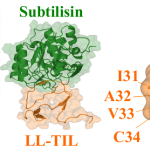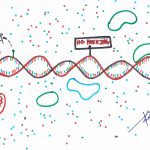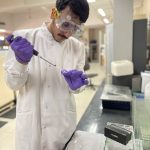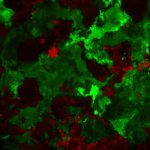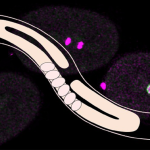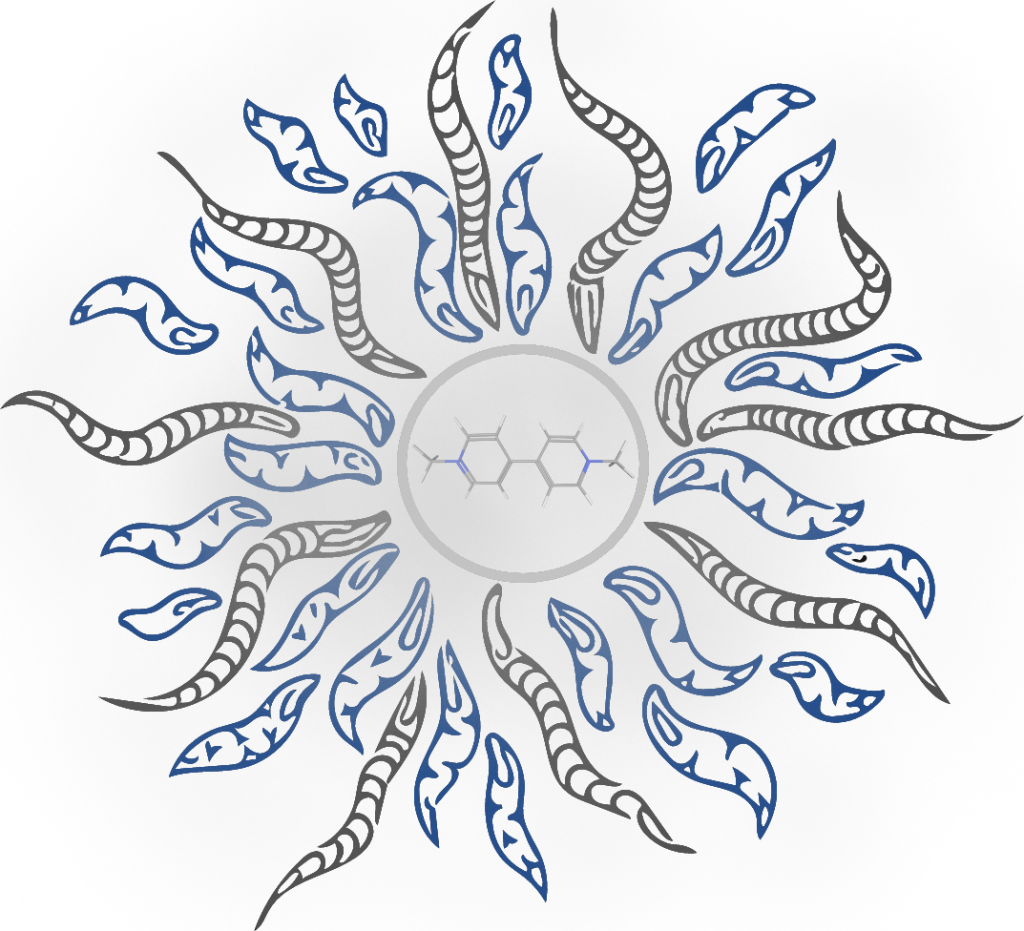
Collagen proteins in our skin play an important role in preventing environmental toxins from entering our body. Defects in this collagen barrier can cause several diseases like Gaucher’s disease, atopic dermatitis and psoriasis.
A new study from Varsha Singh’s lab at the Department of Molecular Reproduction, Development and Genetics proposes that Caenorhabditis elegans, a soildwelling roundworm, may be used as a model organism to understand how our skin responds to environmental toxins. Throughout its lifetime, it produces 177 different types of collagens and some of these are important for maintaining its skin shape and structure. But little is known about the function of a majority of these 177 proteins.
In the study, the researchers found that at least six of these proteins are responsible for determining what can pass through the skin. Genetically modified worms lacking even one of these proteins were found to be more susceptible to herbicides and deworming drugs like ivermectin. The loss of four out of the six crucial proteins led to physical changes in the skin structure, making it look discontinuous and wrinkled under a high resolution electron microscope. They also found that when skin permeability was compromised, it led to increased accumulation of toxins, greater tissue damage and accelerated death.

